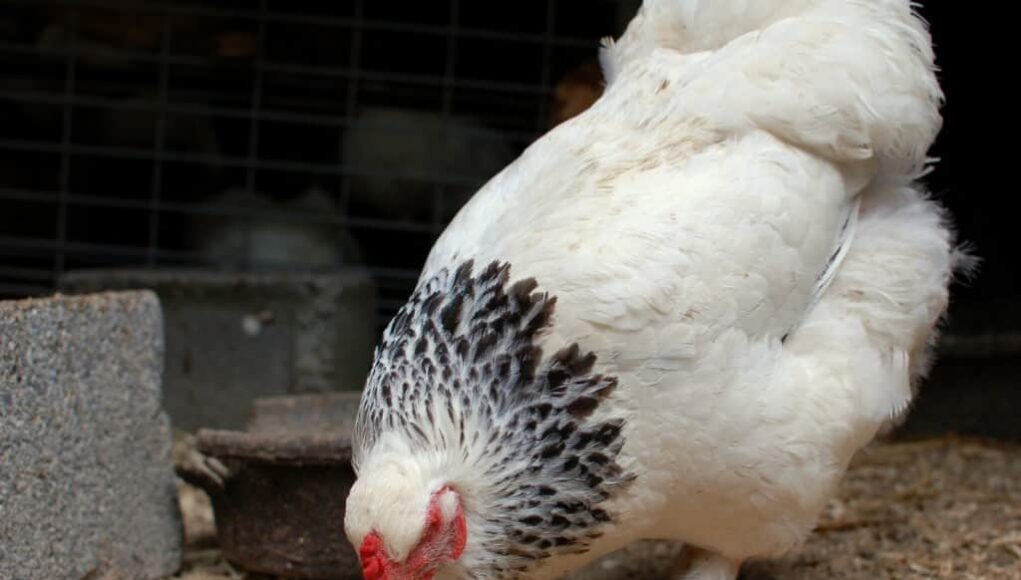Raising chickens is a rewarding endeavor, but it comes with its own set of challenges. One of these challenges is ensuring that your flock stays healthy and happy. For chicken enthusiasts, understanding how to prepare a herbal first aid kit for chickens is essential. Having a kit ready can make all the difference when your feathered friends are in need.

Why Use a Herbal First Aid Kit?
Herbal first aid kits are an excellent choice for chicken keepers who prefer natural remedies over conventional medicine. They are cost-effective, easy to assemble, and beneficial for the overall well-being of your flock. By using herbs, you can address minor health issues such as cuts, respiratory problems, and digestive disturbances without adverse side effects.
Choosing the Right Herbs
When selecting herbs for your first aid kit, it is crucial to consider their medicinal properties. Some herbs have antibacterial properties, while others are anti-inflammatory or soothing. A well-rounded kit will include a variety of herbs to cover different health needs.
Antibacterial Herbs
These include garlic, oregano, and thyme. They help prevent infections and can be used to treat minor cuts and scrapes.
Anti-inflammatory Herbs
Tumeric and chamomile are well-known for their anti-inflammatory properties. They are useful in reducing swelling and soothing irritated skin.
Soothing Herbs
Herbs like lavender and peppermint can calm your chickens during stressful situations, such as molting or when introducing new flock members. Learn more about herbs preventing molting stress.
Essential Components of a Herbal First Aid Kit
A comprehensive herbal first aid kit should contain more than just herbs. Here are some essentials:
Carrier Oils
These are used to dilute essential oils and herbs, making them safe for application. Popular options include coconut oil and olive oil.
Essential Oils
Essential oils like tea tree and eucalyptus have strong medicinal properties and can be used sparingly in your kit.
Tools for Application
Include items such as cotton swabs, bandages, and a small pair of scissors for cutting herbs.
Preparing Herbs for Use
Before adding herbs to your kit, its important to prepare them correctly. This can involve drying, crushing, or creating tinctures. For guidance on preparing herbs, refer to this informative guide on preparing herbs.
Storing Your Kit
Proper storage is crucial for maintaining the potency of your herbs. Keep your kit in a cool, dry place away from direct sunlight. Ensure all containers are sealed tightly to prevent contamination.
When to Use Your Herbal First Aid Kit
Knowing when to use your kit is just as important as having one. Use it for minor injuries or ailments. For more serious issues, consult a veterinarian. If you’re unsure about treating your chickens naturally, this external resource can provide further insights.
Monitoring Your Chickens’ Health
Regular observation is key. Watch for signs of distress, changes in behavior, or physical symptoms. Early detection can prevent minor issues from becoming major problems.
Benefits of Using Herbs
Herbs not only treat ailments but also support overall health. For example, herbs rich in calcium, like comfrey, can be a natural supplement for laying hens. Discover more about herbs that provide calcium.
Common Herbal Remedies
Some common remedies include using calendula for wound healing and dandelion for liver support. These herbs are accessible and easy to use.
Herbs for Respiratory Health
Respiratory issues are common in chickens. Herbs like eucalyptus can help clear respiratory pathways and support breathing. Learn about safe herb administration in this guide on giving herbs safely.
Conclusion
By knowing how to prepare a herbal first aid kit for chickens, you can ensure your flock stays healthy and happy. The use of herbs is a safe, natural alternative to conventional treatments, and it empowers you to care for your chickens holistically.

FAQ
Q1: Can I use any herb in the first aid kit?
A1: Not all herbs are safe for chickens. Research and use only those with known benefits.
Q2: How often should I update the kit?
A2: Check the kit every six months and replace any expired or depleted items.
Q3: Are herbal remedies effective for all chicken ailments?
A3: They are effective for minor issues. For severe cases, consult a vet.
This article contains affiliate links. We may earn a commission at no extra cost to you.











